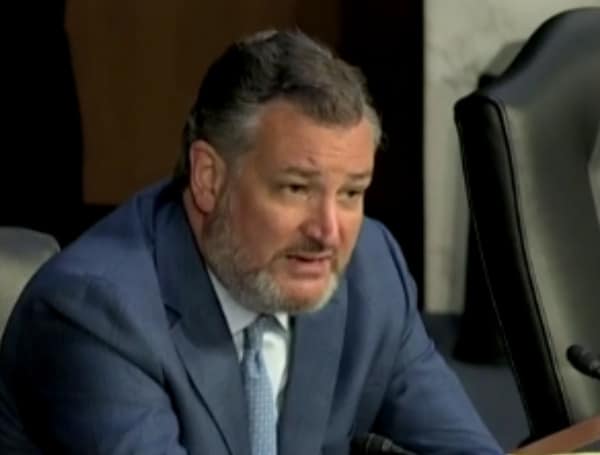The United States faces a rapidly closing window to maintain its dominance in artificial intelligence before China achieves parity or surpasses it, OpenAI CEO Sam Altman told senators Thursday, urging a cautious approach to government oversight to avoid stifling innovation.
Testifying before the Senate Commerce Committee, chaired by Texas Republican Ted Cruz, Altman joined executives from Microsoft, AMD, and CoreWeave in advocating for “sensible regulation that does not slow us down” and warning that heavy-handed rules could hinder America’s booming AI sector while giving Beijing an advantage.
READ: Judge Greenlights CIA Firing Of Global Health Director Amid Vaccine Mandate Controversy
“It is our belief that the American models, including some models from our company — OpenAI and Google and others — are the best models in the world,” Altman stated. While acknowledging the difficulty in quantifying the lead, he stressed, “I would say not a huge amount of time.”
He linked continued US leadership to winning the “infrastructure” race and preserving the “spirit of innovation and entrepreneurship.”
Senator Cruz echoed the urgency, framing the issue as existential for the United States.
“The United States cannot allow regulation, even the supposedly benign kind, to choke innovation or adoption,” Cruz asserted. He announced forthcoming legislation to create a federal “regulatory sandbox” designed to shield AI startups from state-level bureaucracy, modeled after the approach taken during the early days of the internet. This bill aims to “remove barriers to AI adoption, prevent needless state overregulation and allow the AI supply chain to grow rapidly here in the United States,” Cruz said, positioning it as crucial to accelerating economic growth, securing US dominance, and competing with China.
READ: DHS Says Democrats “Stormed” New Jersey ICE Site; Mayor Arrested Amid Dueling Narratives
Altman’s testimony highlighted a shift from his previous stance in 2023, where he advocated for a licensing regime for advanced AI systems. In this hearing, he presented regulation as the primary threat to America’s comparative advantage over China, emphasizing the need to accelerate data center construction and energy permitting.
Industry witnesses supported this perspective. AMD CEO Lisa Su emphasized the importance of “open ecosystems” and a robust domestic chip supply chain. CoreWeave founder Michael Intrator warned that outdated infrastructure is insufficient for a 21st-century economy. Microsoft President Brad Smith identified global adoption of American AI technology as the decisive factor in the US-China race.
READ: Mark Halperin Finds It ‘Frustrating’ That Joe And Jill Biden Still Claim Debate Was ‘One-Off’
Democrats on the panel, led by Ranking Member Maria Cantwell, pressed for necessary guardrails but indicated openness to a lighter regulatory touch, provided consumer protections are advanced. Altman endorsed a “risk-based” framework but pushed back against mandatory pre-deployment testing, suggesting the internet’s lightly regulated launch as a model for AI.
Senator Cruz’s anticipated bill is expected to draw parallels to the Telecommunications Act of 1996, potentially blocking states from enacting conflicting AI regulations and fast-tracking permits for crucial data center projects, such as OpenAI’s proposed “Stargate” super-cluster in Texas.
Please make a small donation to the Tampa Free Press to help sustain independent journalism. Your contribution enables us to continue delivering high-quality, local, and national news coverage.
Connect with us: Follow the Tampa Free Press on Facebook and Twitter for breaking news and updates.
Sign up: Subscribe to our free newsletter for a curated selection of top stories delivered straight to your inbox.
